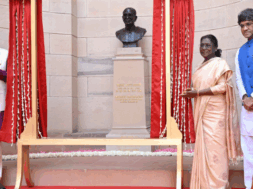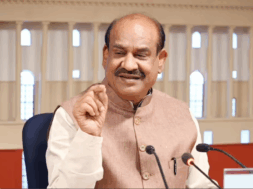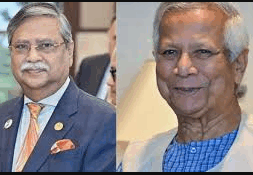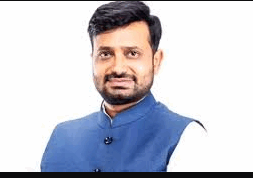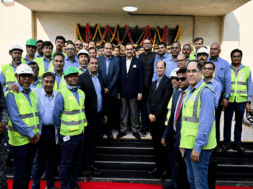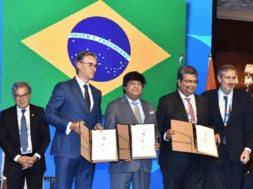
Roving Periscope: Dialogue era with Pak over; actions will have consequences, says EAM
Virendra Pandit
New Delhi: A day after Pakistan invited Prime Minister Narendra Modi to the Shanghai Cooperation Organization (SCO) Summit in Islamabad in October—with the Kashmir rider!—External Affairs Minister S. Jaishankar, in a tough message, told the neighbor that the era of “uninterrupted dialogue is over,” and that “actions will have consequences.”
Speaking at a book launch event in the national capital, Dr. Jaishankar emphasized that the bilateral relationship between India and Pakistan will be shaped by how events unfold.
Without referring to Pakistan-sponsored cross-border terrorism, Dr. Jaishankar sent out a strong message to Islamabad, saying “actions have consequences”, and that the “era of uninterrupted dialogue” with the neighboring country had ended.
Mincing no words, he declared: “So far as J&K is concerned, Article 370 is done.”
On whether India is content with continuing ties with Pakistan in their current state, he said, “Maybe yes or maybe no. What I do want to say is that we are not passive. Whether events take a positive or a negative turn, either way, we will react,” the media reported him as saying.
Responding to a question about the country’s regional influence, he noted that neighboring countries often seek India’s involvement only when it suits their political needs.
In March, on a visit to Singapore, Dr. Jaishankar lamented Pakistan’s “almost industry-level” sponsoring of terror activities, but stressed, “India will not skirt this problem…”
“How do you deal with a neighbor who does not hide the fact that they use terrorism as an instrument of statecraft? It’s not one-off… but very sustained, almost at an industry level.”
While New Delhi will always be open to a friendly dialogue to resolve disputes – as it has stressed in the conflict between Russia and Ukraine and amid military tension in West Asia – this could not be continued at the cost of terrorist attacks on India and Indians.
“I don’t have a quick instantaneous fix… but what I can tell you is that India will not skirt this problem anymore. We are not going to say, ‘Well, that happened and (now) let’s continue our dialogue’… we should not give the other country a free pass,” he said in Singapore.
Recently, Dr. Jaishankar re-emphasized India’s zero-tolerance stance on cross-border terrorism and made it clear New Delhi would not, under any circumstance, overlook terror attacks.
“In this country, tolerance for any kind of cross-border terrorism is very low… there will be consequences. That was the message of Balakot,” he said, referring to a precision strike by Indian armed forces on a terror training camp in Pakistan in 2019, after a terror attack that killed 19 Indian soldiers.
Dr. Jaishankar’s comment on a possible dialogue with Pakistan could be viewed against the backdrop of the ongoing Assembly elections in Jammu and Kashmir. The border state will hold its first Vidhan Sabha election in a decade over three phases beginning September 18.
Both its mainstream regional parties – the National Conference (NC) and the People’s Democratic Party (PDP) – have favored resuming dialogue and diplomatic ties with Pakistan.
Union Home Minister Amit Shah has asked if the Indian National Congress “supports nurturing (of) terrorism and its ecosystem… (as a result) of its alliance partner NC’s wish…”




